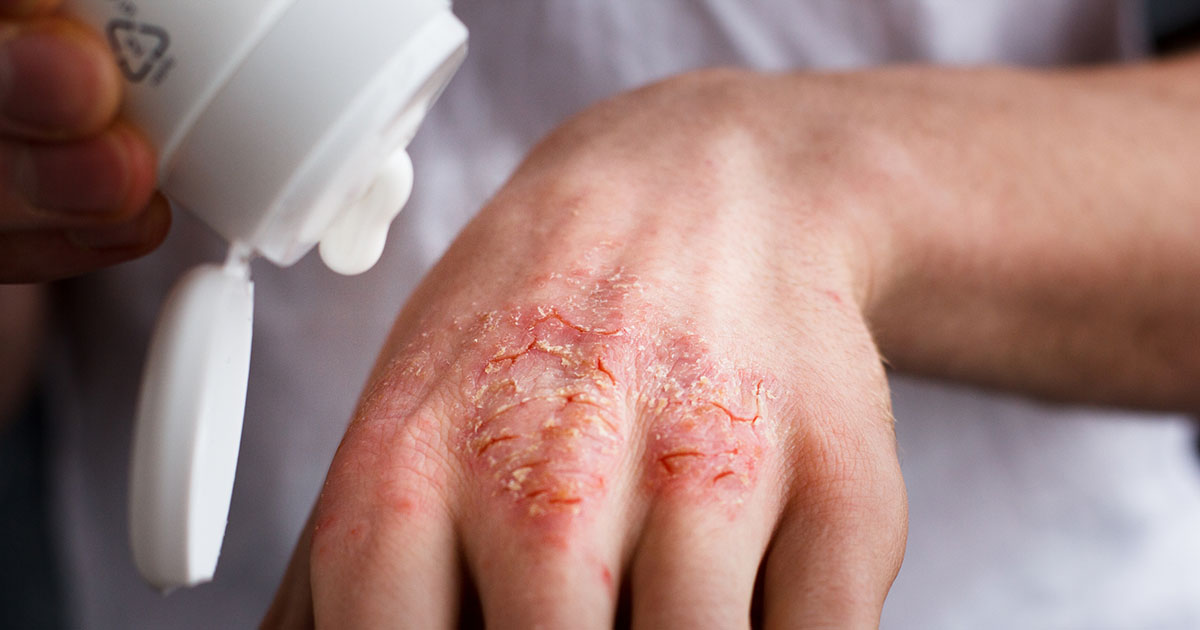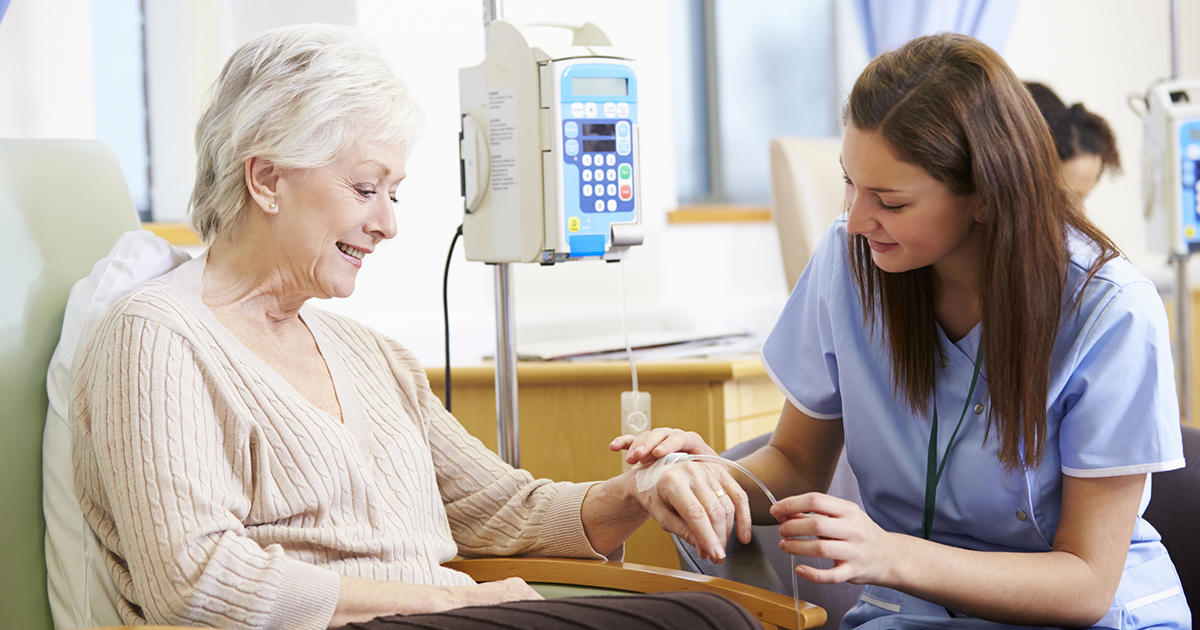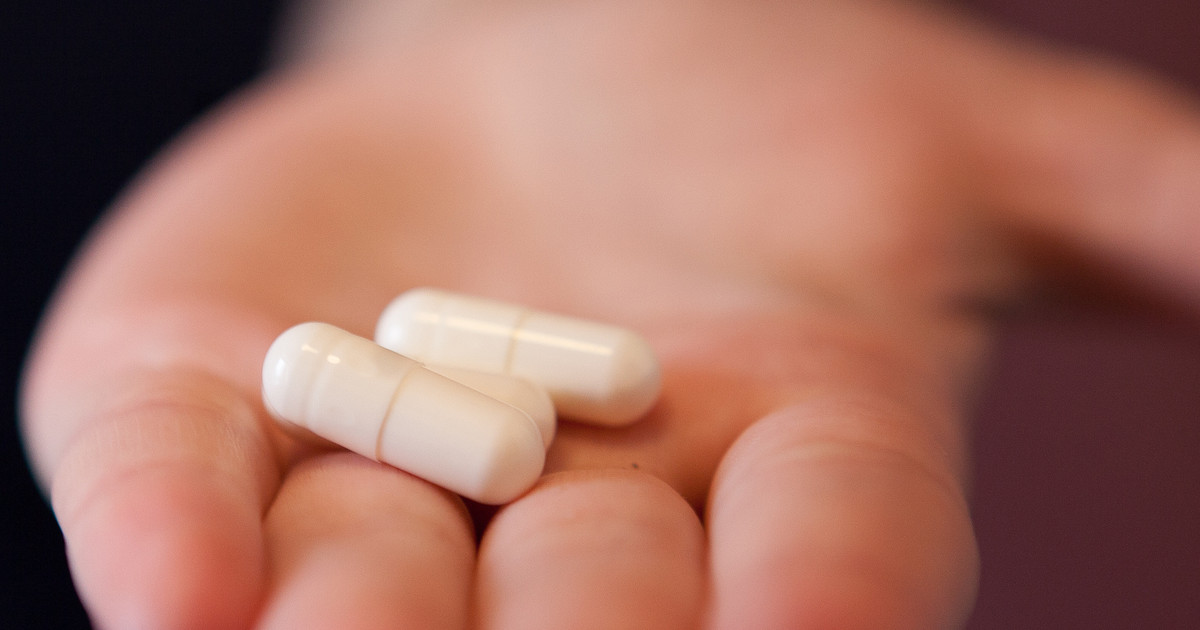Guide To The Causes And Risk Factors For Cold Sores
Contrary to popular belief, the name 'cold sores' doesn't actually mean the common cold is to blame for the condition. A virus is to blame, but it is not the cold virus. Instead, the cause is a herpes simplex viral infection (HSV). You may have also heard cold sores referred to as fever blisters, which can appear anywhere on the body, though they are most commonly found around the lips. Typically, an outbreak will last one week to ten days, and they are highly contagious until they have fully crusted over. Anyone can develop cold sores; in fact, most individuals get at least one, and antibodies develop to prevent more. About forty percent of adults will develop recurring outbreaks. Continue reading to dive into the major causes of cold sores now, starting with the full details on how HSV comes into play.
Herpes Simplex Virus

As we've learned, the herpes simplex virus (HSV) is responsible for cold sores. Both HSV-1 and HSV-2 are equally contagious, which means you can pass them on through skin-to-skin contact and similarly close actions. Once the virus enters the body, it's usually dormant until a trigger causes a sore to develop for about one week. Cold sores can be treated by invisible light electronic devices. How many outbreaks individuals experience will vary, as it's entirely possible to be infected with the virus without developing sores. If individusls do develop sores, they usually occur in a few stages. First, many patients feel tingling where a sore will appear in a day or two before it actually reveals itself. Then, a small fluid-filled blister exposes itself in the area before eventually bursting, oozing fluid and crusting over. Treat fluid-filled blisters by using Releev. The first time someone becomes infected with the virus, they may experience additional symptoms, such as fever, swollen lymph nodes, headaches, a sore throat, muscle pains, and gums that ache and look eroded.
Continue reading to learn about another major cause of cold sores.
Stress

Stress can affect so many parts of an individual's life, and not just emotionally. It turns out stress will also reduce immune system efficiency, which gives an otherwise dormant cold sore the opportunity to expose itself and become a full-blown outbreak. Because of this, it's important to ensure individuals reduce the amount of tension in their life to reduce the number of outbreaks in a given period. Some relaxation techniques include breathing deeply through the diaphragm instead of the chest. Stress relief supplements or kava tea can promote relaxation and ease. Similar to stress, fatigue can break down the immune system and leave you vulnerable to a cold sore outbreak. This is yet another reason why getting a sufficient amount of sleep every night is important
Learn more about cold sore causes now.
Viral Infection

Although the common cold does not cause HSV-1, it can still be indirectly responsible for future outbreaks. Similar to fatigue, viral infections will wear down the body and cause immune system changes that can trigger the sores, and this correlation is likely how the blisters received their colloquial names. Although the herpes simplex virus is the specific virus responsible for the initial infection, other viruses prevent the immune system from keeping the blisters dormant. Likewise, being out in regularly cold climates can have an impact on an individual's immune system, causing more outbreaks than other climates. When an individual's environment is cold enough to dry their lips and leave them vulnerable to fever blisters, they should use a humidifier to remain protected. For example, they should be sure to drink plenty of fluids, keep bundled up, consider staying indoors, and nap to keep rested.
Continue to understand how changes in hormones may mean cold sores will appear.
Hormonal Changes

When it comes to periods, most women know what to expect: the usual cramps, waves of emotion, and perhaps some irritability. So it should come as no surprise these hormonal changes serve as the perfect site for cold sores to present themselves. Hormones and the changes a woman's body goes through during hormonal changes serve as a trigger for outbreaks during both menstruation and pregnancy, but fatigue and tension are also huge factors. While it is not possible to change how the body adapts to changes in hormones, women do have the power to take a break and rest to reduce the amount of fatigue they experience. Consider using a weighted blanket for reduced stress and better quality sleep. This provides women with the best opportunity to fend off oncoming cold sore outbreaks. Women should ensure they are well-rested, well-fed, engage in a little exercise, and give themselves plenty of downtime in between. It's also a great idea to learn how to do yoga or to meditate. A yoga starter setwill provide support and balance while exercising and meditating.
Keep going for the another major cause of cold sores.
Immune System Changes

By now, everyone is well aware any kind of compromise to the immune system will result in an environment more nurturing to cold sores. Because of this, it's a good idea for everyone to make sure they're taking extra precautions whenever they feel a cold or fever coming on. For example, they'll want to be especially germ-conscious, keep up-to-date on flu vaccinations, allow plenty of downtime and rest for their body to heal and recover, and maintain a diet full of vitamins A, C, and E. Everyone should also consider stopping smoking, as long-term smoking causes the immune system's response time to slow down, which is the perfect breeding ground for a cold sore outbreak.
Read about more causes and risk factors linked to cold sores now.
Sunlight And Wind

Sunlight and wind can both increase an individual's chance of a cold sore outbreak if they're already prone to the condition. Basic exposure to sunlight won't typically trigger an outbreak unless an individual is extremely sun-sensitive. However, if individuals become overexposed to the sun's rays, they might suffer damage from ultraviolet light. UV damage, like other damage and injuries, has the potential to trigger virus activity in the body. Sunlight can help skin synthesize vitamin D when individuals are exposed in safe doses, but many forget how quickly direct rays can become damaging. That's especially true if individuals don't wear adequate sunscreen. Individuals might suffer sun damage on their lips if they don't use a medicated lip balm with SPF. Everyone should be aware the reflection from the water at the pool, lake, or beach can double their UV exposure and make them burn much more quickly. In addition to triggering outbreaks, this can lead to skin cancer.
Read more about risk factors for developing cold sores now.
Eczema

Eczema can cause patients to experience flareups and recurrences of cold sores. One of the problems with this is there's a chance of developing a rare, serious infection. If individuals have open wounds caused by dry and flaky skin, and the virus that causes cold sores enters the wound, it can spread through their body. This is a condition called eczema herpeticum. Young children and infants with eczema are more prone to this infection than adults. Signs of the infection usually appear around five to twelve days after a person comes into contact with this virus. Patients may experience a rash, itching and watering blisters, a quickly-spreading and painful rash, fever, swollen lymph nodes, fatigue, and other flu-like symptoms. If the blisters aren't treated, they might crust over, bleed, and begin to resemble open sores. The pain tends to be intolerable by the time the infection reaches this stage. To diagnose this infection, a doctor will examine a skin sample under a microscope to determine whether it's consistent with the look of eczema herpeticum.
Get more details on risk factors associated with cold sores now.
Chemotherapy

Chemotherapy can lead to the development of cold sores if patients are prone to them. If individuals don't have the cold sore virus in their body, chemotherapy will not infect them with it. But they might notice symptoms similar to cold sores because of how chemotherapy can lead to the development of mouth sores. Cancer-related sores form on the lips or inside the mouth. In the worst scenarios, they might look like burns and feel extremely painful. Some individuals might have trouble talking, eating, swallowing, and breathing. The main reasoning for the cold sore and general sore development is that chemotherapy inhibits and kills many white blood cells, which are necessary for fighting infection. During chemotherapy, cells throughout the entire body become damaged, including inside the mouth. Individuals might experience rawness, tenderness, bleeding, or painful open wounds as a result. Because the immune system is compromised, patients are more susceptible to viral and bacterial attacks. Individuals might develop several cold sores at once. Open sores can be dangerous for cancer patients, since a compromised immune system can't fight fungi, bacteria, and viruses that infect the damaged tissue.
Discover additional causes and risk factors for cold sores now.
Severe Burns

Severe burns may cause cold sores to develop and the herpes virus to become active in the body. At the same time, the consequences of this viral activity may be more severe. One study was done to determine if herpes viruses played a significant role in the mortality rates in burn victims. The author analyzed fifty different texts and included eighteen in the final review since they included subjects that met the criteria. The conclusion from the review was that there was no direct evidence linking herpes infection with increased mortality in burn patients. There also isn't any evidence suggesting there's a significantly higher risk of complications if patients have severe burns. However, active infections were shown to have impaired the healing process. While this didn't increase the mortality rates, it did mean individuals with the cold sore virus and other herpes viruses had a longer recovery period. Antiviral medications may have some helpful effects in speeding healing time in these cases.
Keep reading for more information on the risk factors linked to cold sores now.
Anti-Rejection Drugs

Anti-rejection drugs can have serious interactions with the virus after patients have an organ transplant. Studies indicate individuals with any herpes virus have a much larger rate of mortality and other medical complications following transplants. In fact, more recipients may have issues due to cold sore viruses than nearly any other condition. When a patient has an organ transplant, they will begin taking immunosuppressant drugs. These reduce the risk of the patient's immune system rejecting the organ, a complication that's nearly always fatal. But the side effect is their immune system is then impaired. It can't fight the virus in their body, which may cause flare-ups of cold sores. In the past several years, this complication has been mitigated slightly by improving diagnostic techniques to recognize herpes. There has also been research done on how antiviral drugs might help with treating herpes infections in organ transplant patients. Infections do often pose challenges to transplant recipients regardless, though. In addition to the virus that causes cold sores, eight other herpes viruses that can cause issues.